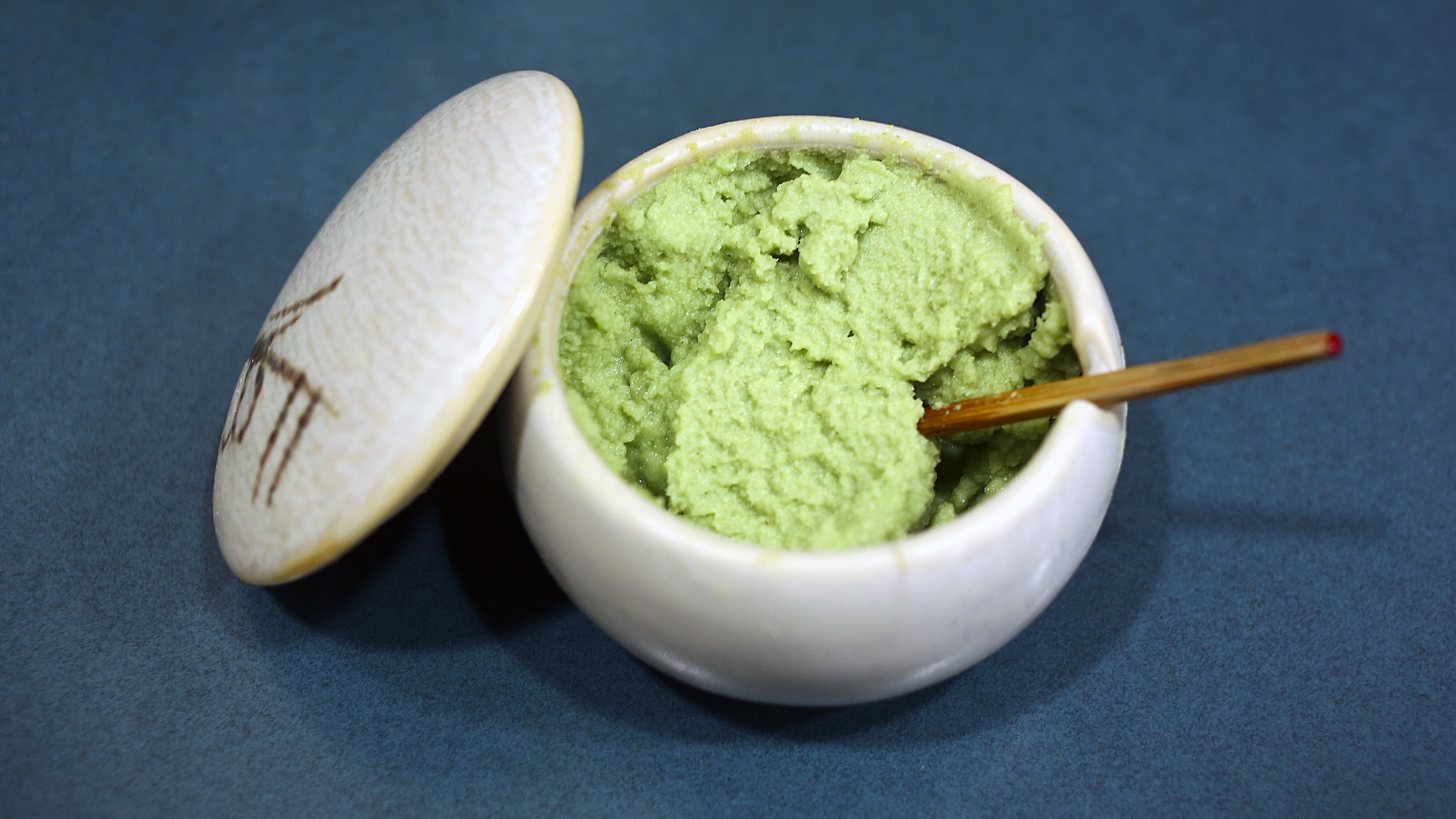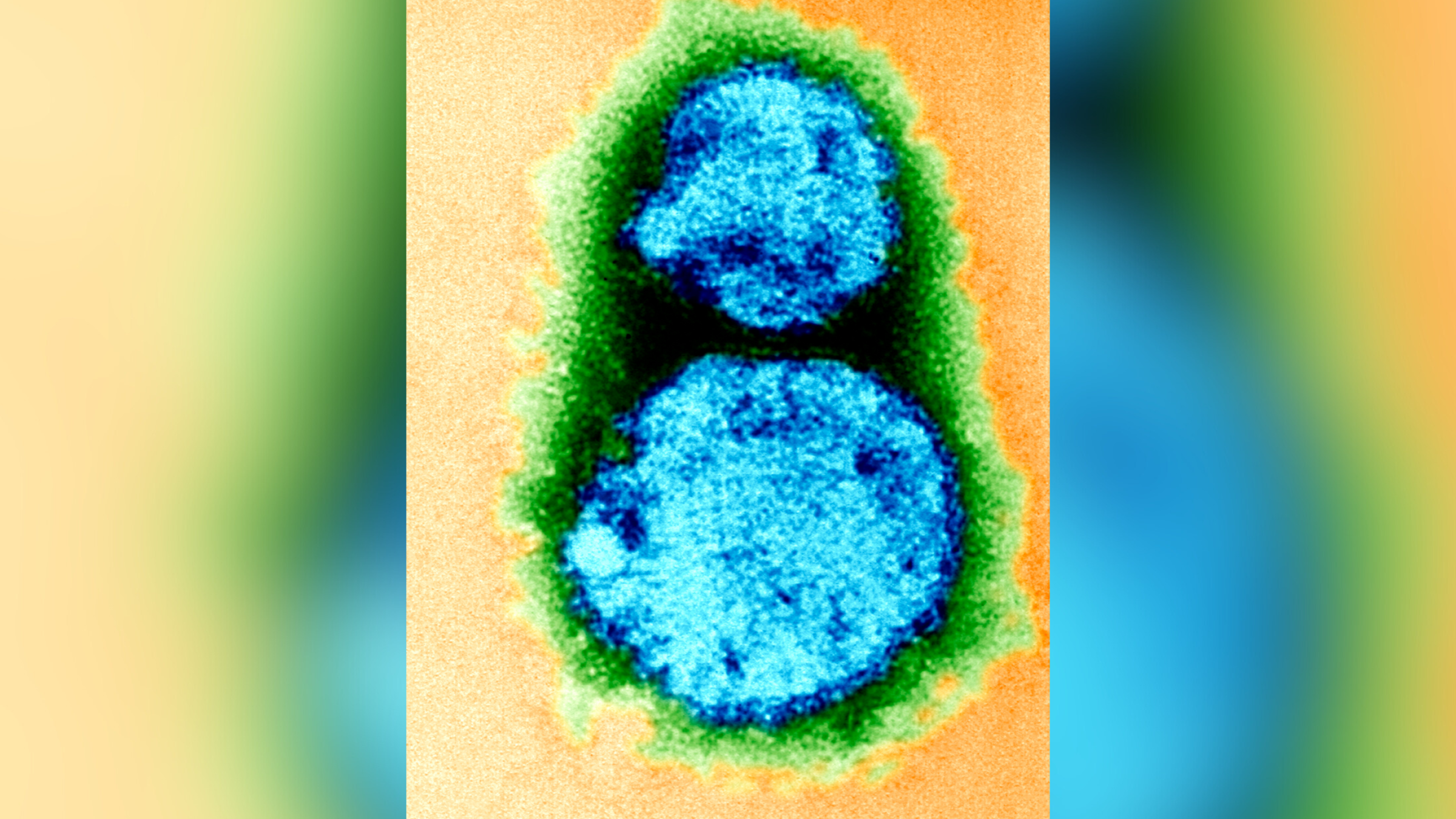Diagnostic dilemma: A woman got 'broken heart syndrome' after eating too much wasabi
The patient was diagnosed with takotsubo cardiomyopathy, also known as "broken heart syndrome," which had an unusual cause.

The patient: A 60-year-old woman in Be'er Sheva, Israel
The symptoms: While enjoying the food at a wedding, the woman began feeling a painful pressure in her chest that then radiated into her arms. This sensation persisted for several hours, although the pain subsided enough that she opted to stay at the reception. The next day, lingering chest pain, discomfort and generalized feelings of weakness prompted her to seek medical care.
What happened next: Emergency room physicians performed an ultrasound and detected abnormal activity in the patient's left ventricle, the part of the heart that performs most of the organ's pumping action. Some segments of the heart muscle were not contracting at all, and contraction in other segments was reduced. This disruption was "moderate to severe," doctors wrote in a report of the case.
The diagnosis: Doctors determined that the woman was experiencing a condition called takotsubo cardiomyopathy, also known as "broken heart syndrome," which produces symptoms mimicking those of a heart attack, such as chest pain and difficulty breathing. "Takotsubo" refers to a type of Japanese jar used for trapping octopuses; the condition distorts the muscles of the left ventricle, making it resemble a narrow-necked octopus-catching jar.
The treatment: The woman received steroids and medications for lowering blood pressure, including ACE inhibitors, which relax arteries and veins, and beta-blockers, which block the effects of stress hormones on the heart. The doctors referred her to a cardiac rehabilitation center. After one month, an echocardiogram showed that the patient's heart activity had returned to normal.
What makes the case unique: Prior to this case, scientific studies had linked takotsubo cardiomyopathy to drug use, neurological disease, physical or emotional stress, and allergic reactions to certain foods. But this case had a cause that had never been documented before: Minutes before developing symptoms, the woman had mistaken wasabi for avocado and swallowed a teaspoon-sized helping.
This is the first example of wasabi consumption causing broken heart syndrome. While some compounds in wasabi are likely beneficial to health, such as cancer-fighting agents, swallowing an unusually large amount may have triggered an extreme stress reaction in the patient, thus leading to disruption of her normal heart function.
Sign up for the Live Science daily newsletter now
Get the world’s most fascinating discoveries delivered straight to your inbox.
Disclaimer
This article is for informational purposes only and is not meant to offer medical advice.
Ever wonder why some people build muscle more easily than others or why freckles come out in the sun? Send us your questions about how the human body works to community@livescience.com with the subject line "Health Desk Q," and you may see your question answered on the website!

Mindy Weisberger is an editor at Scholastic and a former Live Science channel editor and senior writer. She has reported on general science, covering climate change, paleontology, biology and space. Mindy studied film at Columbia University; prior to Live Science she produced, wrote and directed media for the American Museum of Natural History in New York City. Her videos about dinosaurs, astrophysics, biodiversity and evolution appear in museums and science centers worldwide, earning awards such as the CINE Golden Eagle and the Communicator Award of Excellence. Her writing has also appeared in Scientific American, The Washington Post and How It Works Magazine. Her book "Rise of the Zombie Bugs: The Surprising Science of Parasitic Mind Control" will be published in spring 2025 by Johns Hopkins University Press.










